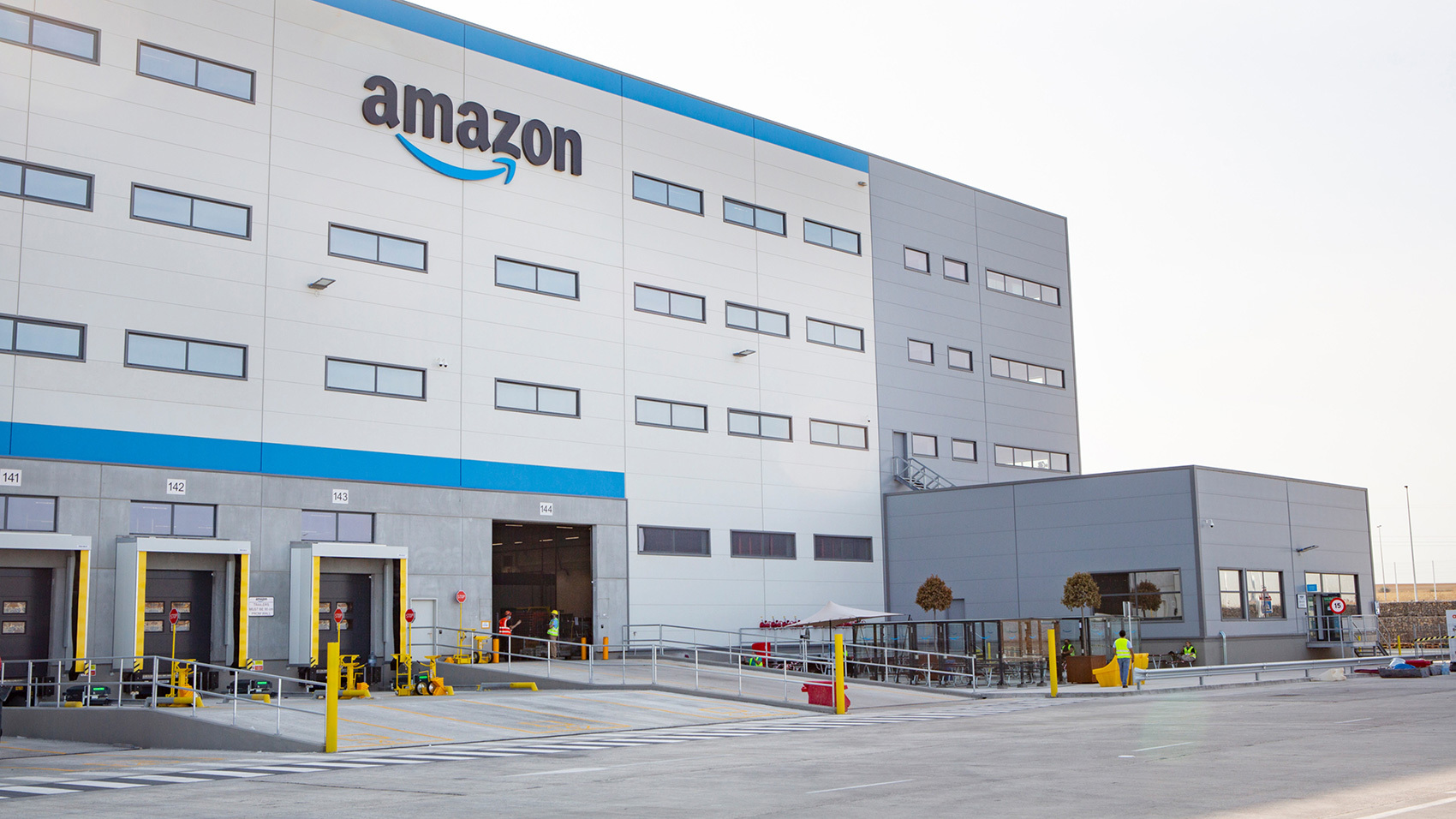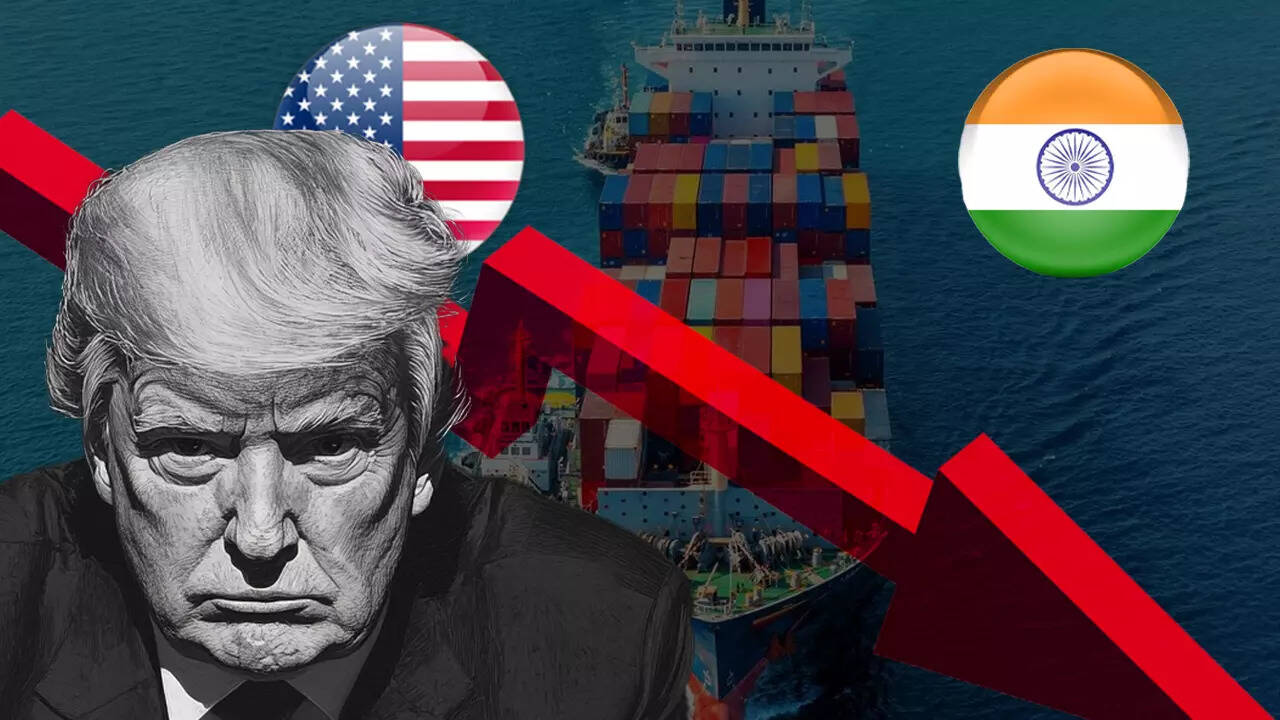corridor between India and the United States.
💊 India’s Pharma Industry at a Crossroads
India is one of the world’s largest suppliers of generic drugs and active pharmaceutical ingredients (APIs), with the U.S. being a major export destination. Any policy move favoring domestic sourcing in the U.S. may affect:
Contract manufacturing deals
Bulk drug exports
API supply chains
The immediate fallout could be increased regulatory scrutiny, import restrictions, and a push for U.S.-based production incentives, leading Indian exporters to reassess supply chain dependencies and compliance readiness.
🌐 Global Pharma Supply Chain Realignment
The executive orders are part of a broader push for healthcare supply chain sovereignty, especially in the wake of global disruptions like COVID-19. This could accelerate a trend where major countries seek to diversify or localize drug manufacturing—posing a strategic challenge for India’s export-reliant pharma ecosystem.
Key implications include:
Rising global competition from emerging pharma hubs
Greater need for cost-efficiency and innovation in Indian manufacturing
Potential re-negotiation of trade and regulatory frameworks with the U.S.
🔍 A Wake-Up Call for Supply Chain Resilience
For the Indian pharma sector, these developments underscore the importance of building resilient and agile supply chains—capable of adjusting to changing geopolitical and policy landscapes. There is now an urgent need to:
Invest in compliance automation and traceability
Develop alternate markets across Asia, Africa, and LATAM
Strengthen domestic manufacturing of key APIs to reduce backward dependencies
While Trump’s executive orders may not have immediate legal effect under the current U.S. administration, they signal a policy direction that India’s pharmaceutical supply chain leaders cannot afford to ignore. In an increasingly protectionist world, supply chain flexibility, regulatory foresight, and global diversification will be critical for sustaining India’s pharma exports.
.png)
.png)







